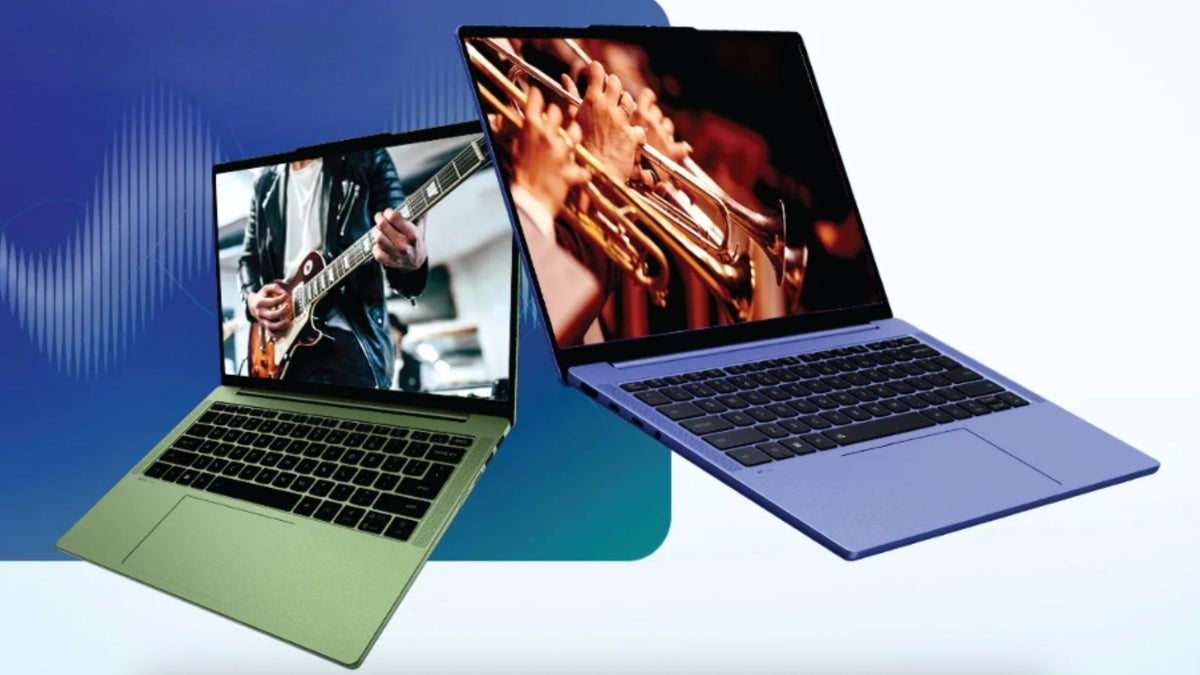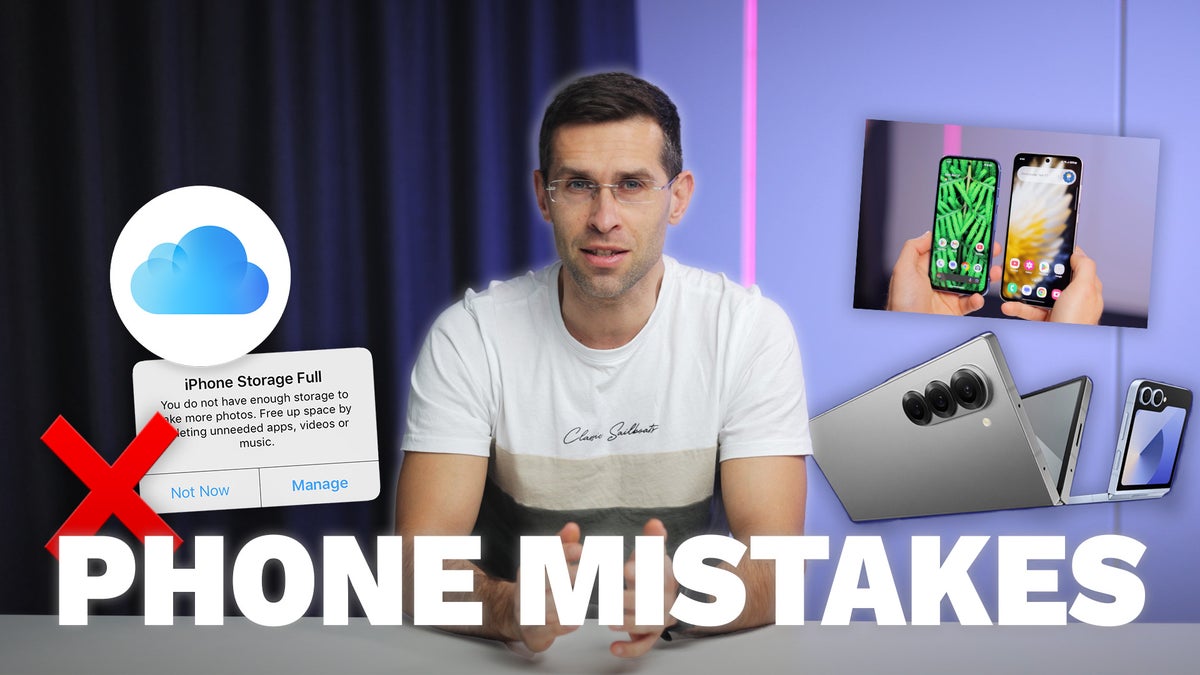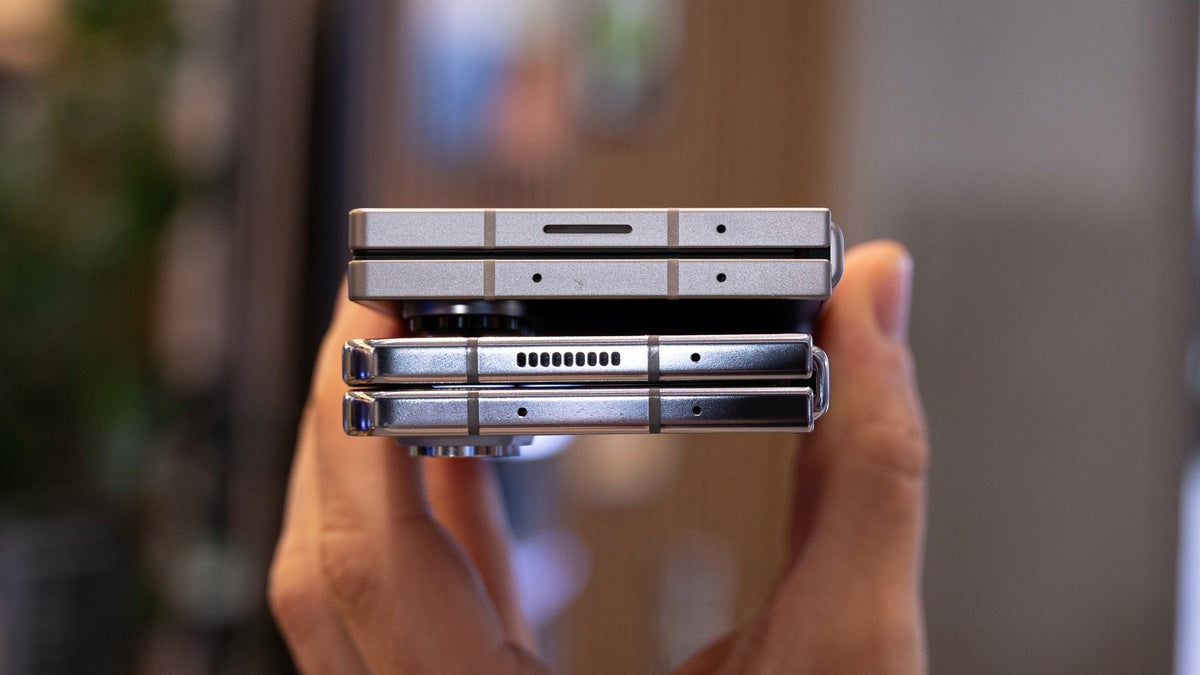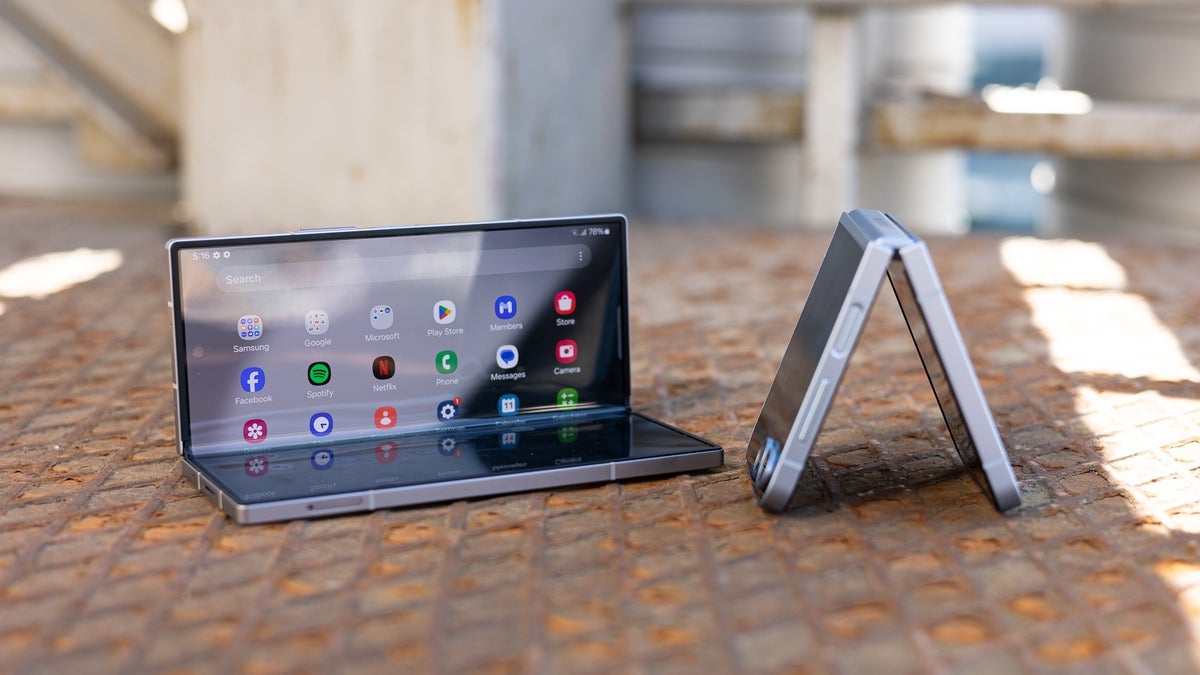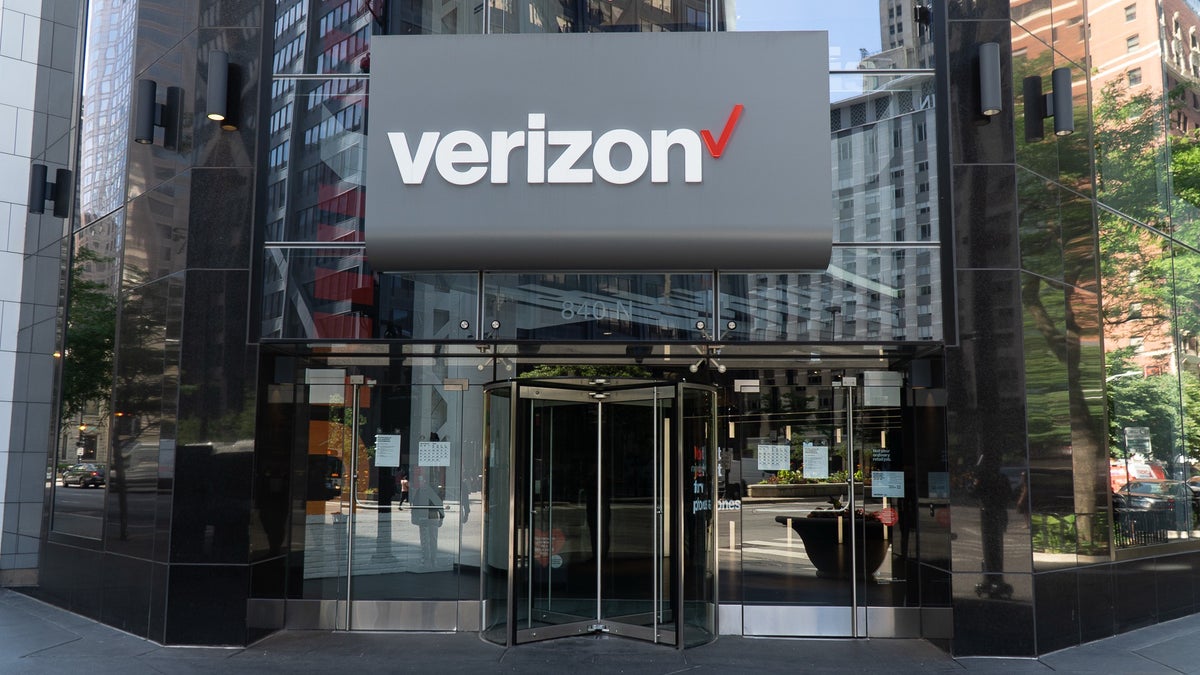[ad_1] Ultra There: I am not a member of Xiaomi Ultras, but I find that its super smartphones are great. Had it not been for their cameras, I may not pay this brand of the same attention, but Lei Jun (Xiaomi CEO) and Co. They do everything in their power to convert me. But it is not about photography that we will talk about now. Let's discuss the offers! I was a little surprised - in a good way - with what our shades showed our own audio levels Xiaomi 15 Super screen. It turns out that Xiaomi 15 Ultra brightness numbers are not announced by Xiaomi itself. Ultra 3,287 hit brightness (Xiaomi 3200 Sentence); It is more than that: This leading camera phone is actually an identity with the brightest screen we experienced. It is well advanced on the competition: I am sure we can also live comfortably without 5G - even without the Internet - but toothpaste has left the tube for a long time and we cannot turn the Tide of Time in the opposite direction. This does not mean that we must bear everything that is delivered to us, but with smartphones, it is better to adapt and make some lemon. Xiaomi 15 Ultra contains four cameras on the back, regardless of the exciting screen. | Credit Image - Phonearena There is also something called "peak brightness", which indicates the maximum brightness that the screen can reach under specific conditions, such as HDR content or bright sunlight, while constant brightness is the level that the screen can maintain over time without obscure or high temperature. The peak brightness is achieved for a limited time and a limited area on the screen. The next 9A pixel may reach a real bright screen. Fortunately, not only high -end phones that get bright screens these days. the Pixel 9A may come on the horizon with a very bright offer: it may not be the cheapest phone there (if the rumors turned about its price of $ 499 until it is correct), but many pioneers go through a threshold of $ 1,000 like a hot knife across the butter. So, Pixel 9A It is justified to be called an average name. Galaxy S25 also comes with a bright width, but it is not in the same category with Xiaomi 15 Ultra. | Credit Image - Phonearena With high levels of brightness, it is easier to read in direct sunlight, improve vision and reduce glow. This makes tasks such as checking emails, moving in maps, or displaying images more convenient. In addition, increased brightness enhances HDR content (high dynamic range), providing more vibrant and improved colors for a better view (or games). Now, for the "lemon" part: the brightness of the thin air is not produced; Your car is not traveling faster without additional fuel, right? As a result, the highest battery consumption is what we deal with. Fortunately, the shows (like slices of slices) became more and more, but the screen lighting with the maximum brightness is not without the battery depletion. Moreover, prolonged brightness levels consume more energy, which can reduce the age of the total battery of the device, especially when used at the utmost brightness for long periods. This can lead to more frequent charging, which can be uncomfortable for users while moving. So, the presence of a real bright show is great, but only if darkness becomes significantly, I must admit. Xiaomi says the default blackout method for Xiaomi 15 The Ultra screen is DC Dimming (which directly adjusts energy) when it is in high brightness; And high frequency PWM (1920Hz) in low brightness. PWM obstruction quickly runs the screen and stops it to maintain accurate colors and sharp screen, although it may cause the eye to stress for some users. And - this that you know unfortunately, I am sure - exposure to very bright screens, especially in dark environments, can cause eye stress and discomfort. Pixel 9 Pro XL - another bright screen, but behind Xiaomi 15 Ultra. | Credit Image - Phonearena For this reason I find it really helpful to have a very bright screen. Do you keep it 100 % all the time? No, not at all. I find myself colliding with my phone to 100 % brightness once or twice a month, perhaps. Then ask it down and it is fine. But it is better to have an advantage and not use it a lot than it truly you need it. Although 15 Ultra is currently offering, I cannot mention what has just been released Pixel 9A once again. Google seems to master bright screens not only for the above -mentioned pioneers, but also for $ 500. If the competition is noting notes, then we must all benefit from them. But how long before we get to our peak brightness sill as users of the phone? What - 4000 reunions, 5,000 young people? How enough? I think the number in this stadium in particular and anything above is not worth it. Only those who skipped in Alaska on a sunny day (where everything around it in bright white) may need a phone exceeding 4000 to 5,000 brightness. Of course, I am sure that some rogue companies will produce panels capable of offering 10,000 groups. For reasons. Otherwise, everything for nothing.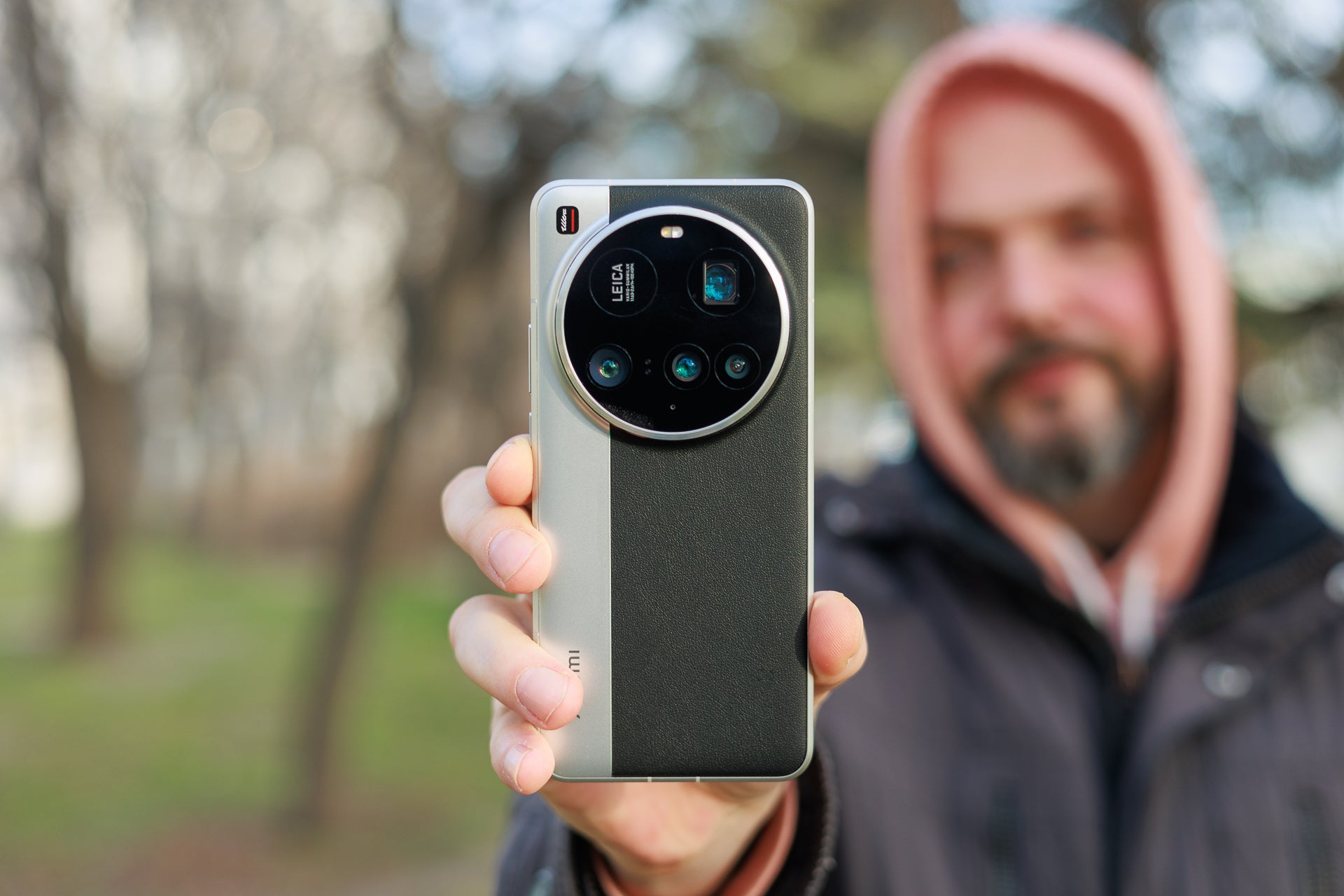

When discussing the brightness of the phone screen, Nits (CD/M²) is the standard of measurement. Top domains indicate a brighter width, simply put.She is not only the bright pioneers
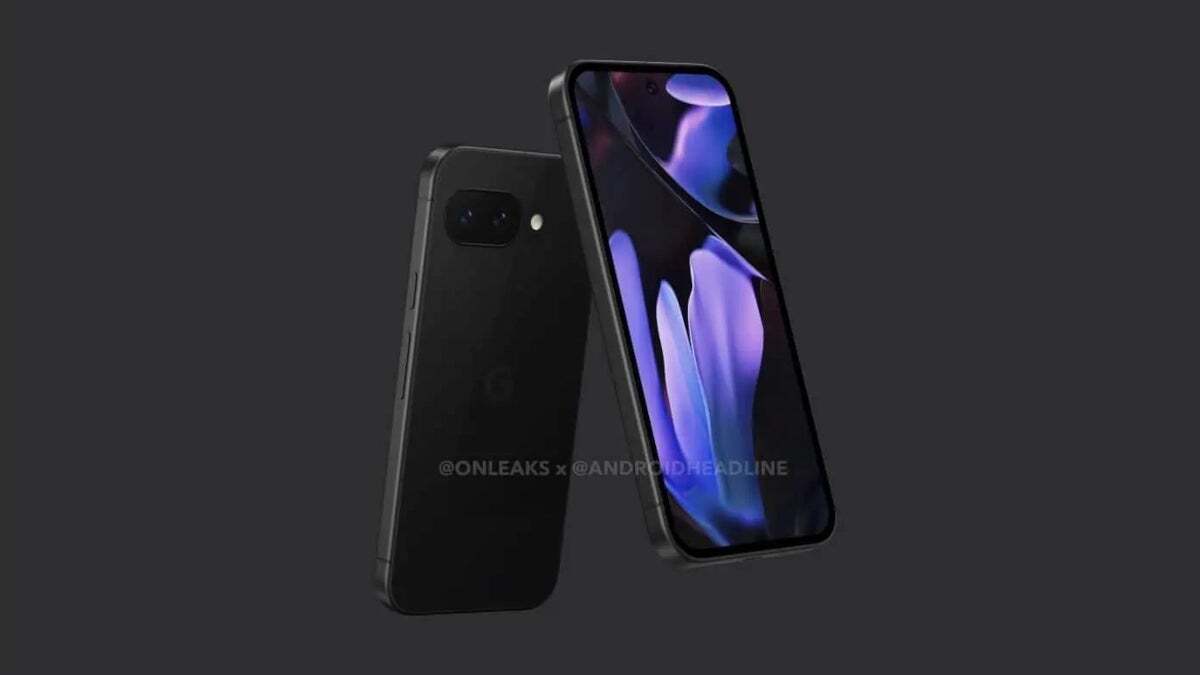

Once you become bright, they never remain dark: until recently, the bright super screens were an area designated for the pioneer. Those who tied the infinite phones had to wrig and sometimes anxious, just to find out what is happening on the screen. This scenario was playing when it was in direct sunlight.Pros and negatives: You can't have a cake and eat them either
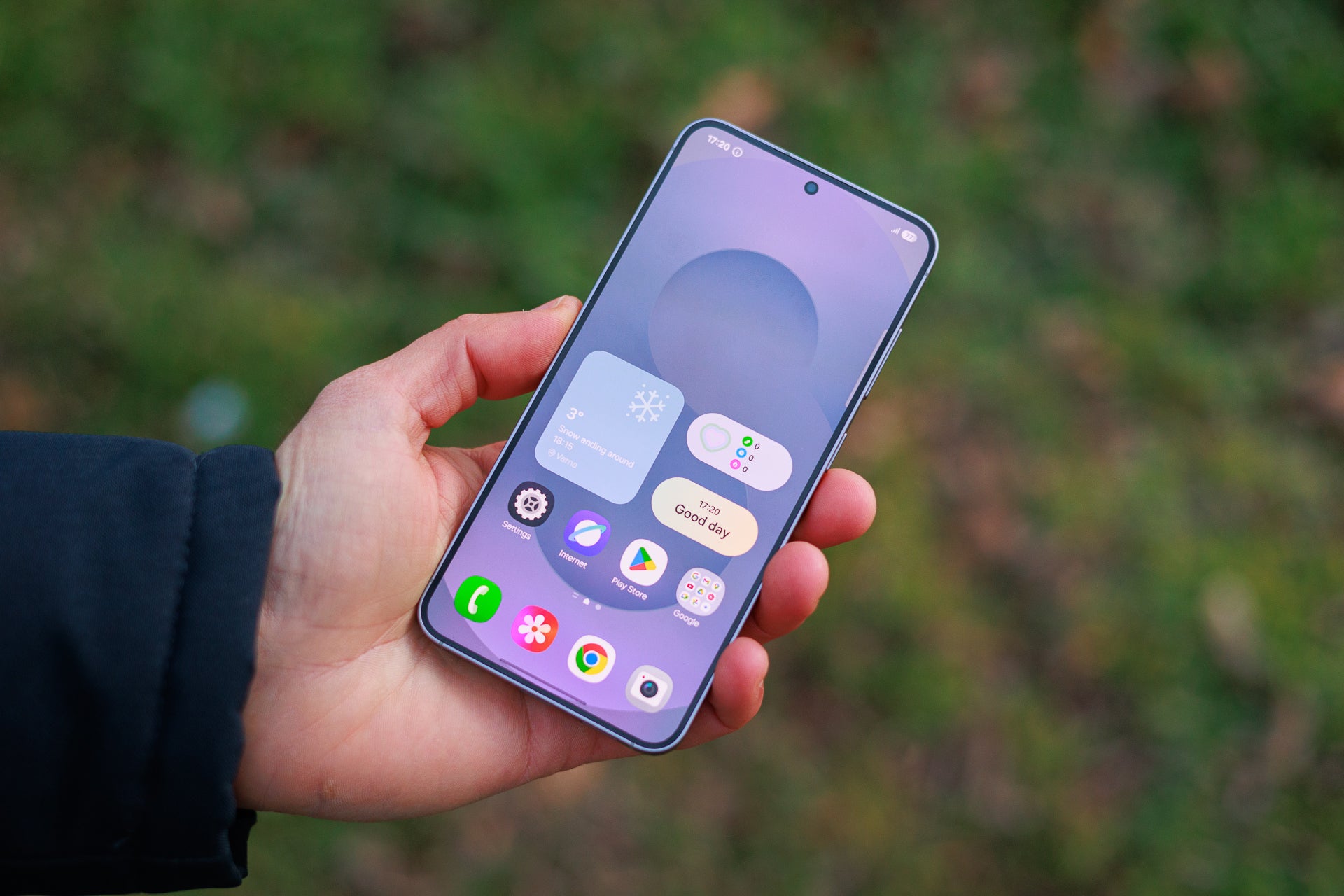

If you have been out of recent times, you will know that the sun is shining (and the weather is sweet, as the man from Jamaica sings) - and he is shining real hard, march or not, which is exactly the reason you need a very bright screen on your phone."If you ask me ..."
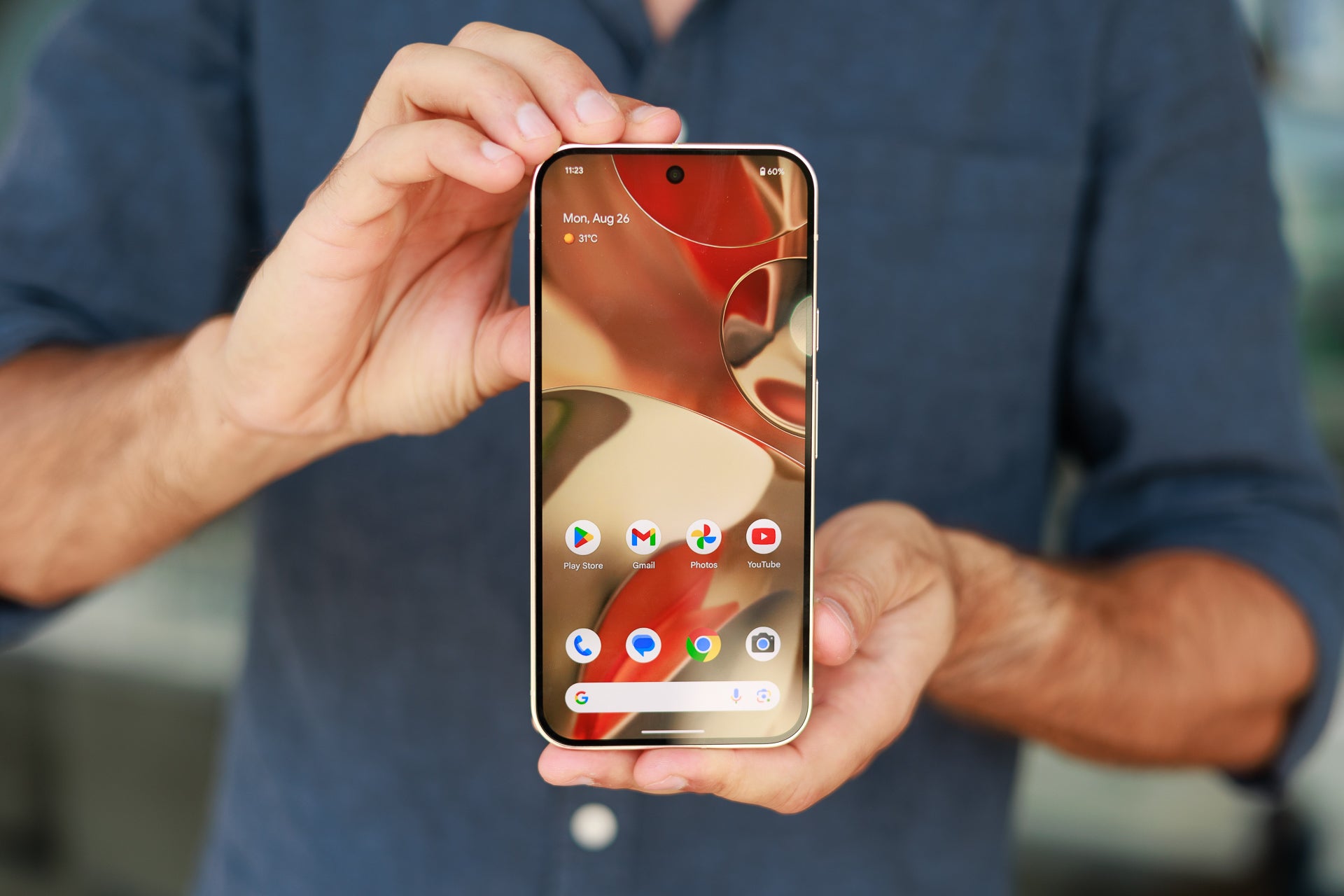

In Woody Allen To Rome with love (2012), There is a wonderful line that says - and I am reformulated here - that life is harsh, and does not give satisfaction with the wealthy and celebrities, nor to the poor and unknown. "But between the two, being rich and famous is definitely better," the line ends.
Vibrant phone screens are among the truly few useful phone innovations today - but there are hidden defects in this way. Phones manufacturers must install these bright views only if they can provide a solid and reliable battery enough, and if the phone cooling system can handle a high -resolution screen.
[ad_2]
Download
Super bright phone screens: hidden pitfalls we should know about
| Name | |
|---|---|
| Publisher | |
| Genre | News & Magazines |
| Version | |
| Update | March 21, 2025 |
| Get it On |  |



